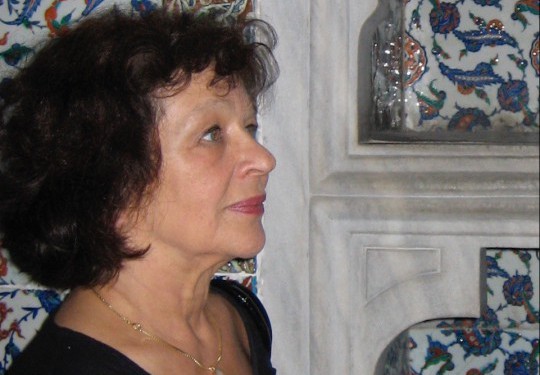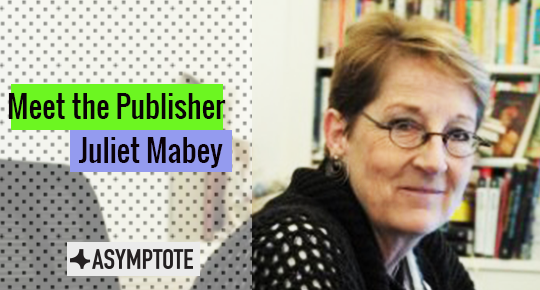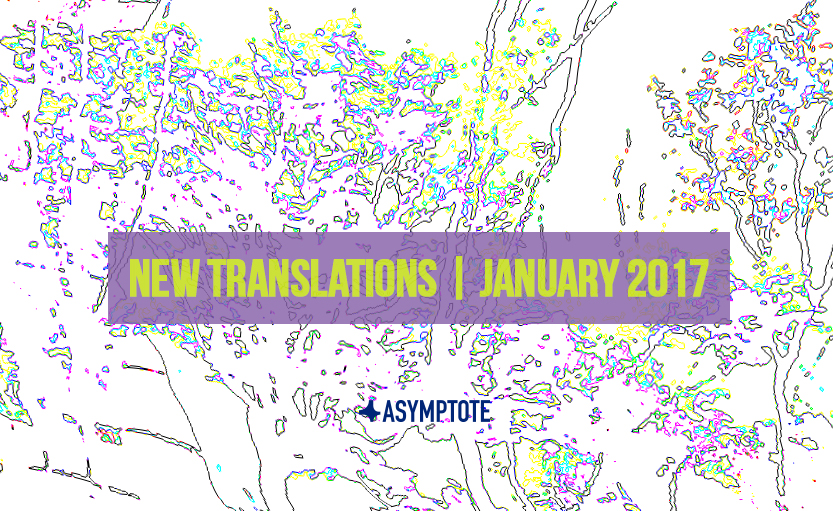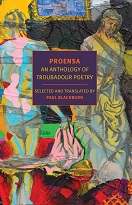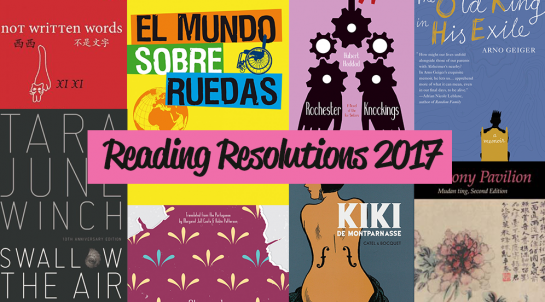This week, we take off on tour just south of the equator, where Editor-at-Large for Brazil, Maíra Mendes Galvão, gives us the scoop on Indie Book Day and some big-time literary awards. Then it’s east to Egypt, where we’ll catch up with Editor-at-Large Omar El-Adl about some exciting recent and upcoming events. Finally in Spain, Editor-at-Large Carmen Morawski highlights new releases and a chance to win poetry collections!
Maíra Mendes Galvão, Editor-at-Large for Brazil, has the latest from the lit scene:
The National Library Foundation of Brazil has issued an open call for publishers from all over the world interested in translating and publishing works by Brazilian authors to send in their proposals. Selected works will be eligible for a grant. Publishers have until May 2 to apply.
Raduan Nassar, veteran Brazilian writer with a short but acclaimed bibliography, has made headlines after giving a politically-charged speech on February 17 when he accepted the Camões Prize, issued by the Ministry of Culture of Brazil in partnership with Portugal. Mr. Nassar has called out the present government’s controversial claim to power, calling it anti-democratic and pointing out specific instances of misconduct by the administration, the president’s cabinet, and the Supreme Court nominees.
The popular Plana Fair, catalyst of a movement to popularize self-publishing and small publishing houses in Brazil, is holding its fifth edition under the name Plana – Art Book Fair at the São Paulo Biennial building, taking over the ground floor and the mezzanine of the iconic Pavilion Ciccillo Matarazzo from March 17 to 19. Plana will feature around 150 national and international exhibitors and a parallel program of talks, screenings, performances, and workshops.
Brazil is taking part on this year’s Indie Book Day on March 18, an initiative to promote and popularize independent publishing. It is a concerted action with a simple proposition: to go to a bookstore, any bookstore, on this particular day, buy an independently published book and post a picture of it on social networks with the hashtag #indiebookday.
Casa Guilherme de Almeida, the São Paulo State museum dedicated to Modernist journalist, poet, and translator Guilherme de Almeida, is holding a two-day conference dedicated to the translation of classics—the 3rd Translation of Classics in Brazil Conference—with the theme Re-translations in Conversation. Speakers will focus on comparative efforts of the differences between the premises, procedures, and results of translations of the same classical works.


